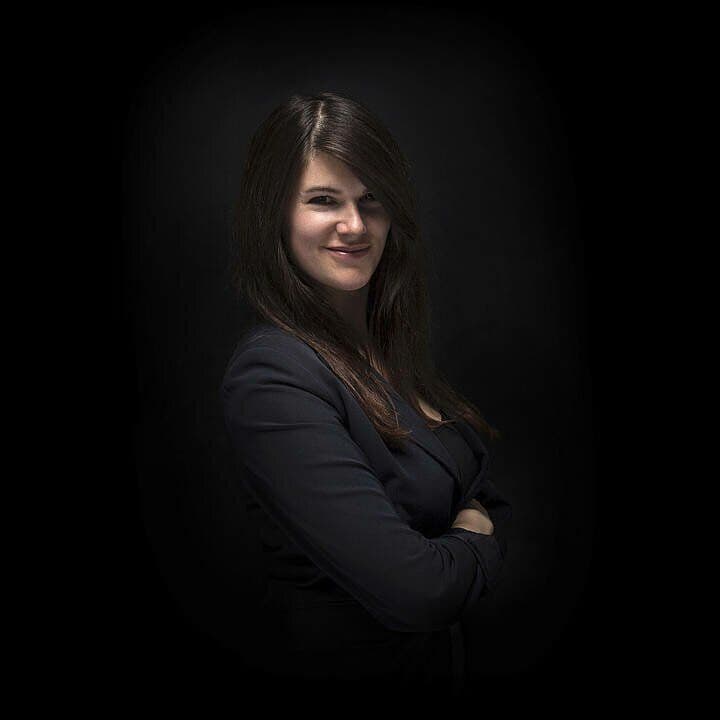
Career Advice - Running a Game Startup with Isabell Mayrhofer
Isabell Mayrhofer sits down with us to share her journey running a Game Startup, and to offer advice to aspiring artists looking for an exciting and challenging career like her own.

Isabell Mayrhofer sits down with us to share her journey running a Game Startup, and to offer advice to aspiring artists looking for an exciting and challenging career like her own.
Love Game Development? Want to run a Game Startup that can change the future of gaming? Isabell Mayrhofer, the COO of Live Penalty, based in the Czech Republic, sits down with us to share her journey and advice to aspiring artists looking for an exciting and challenging career like her own.
I am helping to manage a mobile game company called Live Penalty. Our mobile game combines digital aspects of e-sports with real sports by letting multiple digital players control a physical ball launcher and compete in penalty shootouts against real-life goalkeepers.
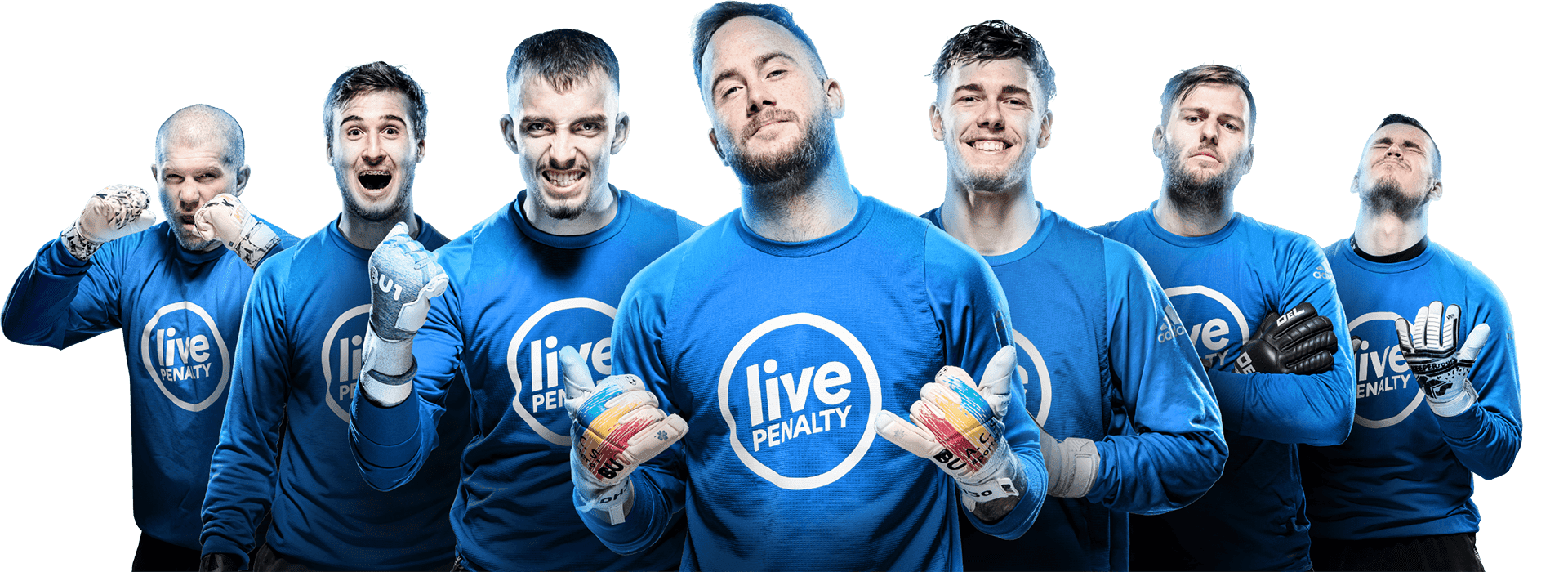
I came to gaming just recently actually, as my carrier originally started in film. However, the best part of being a project manager is, it can easily be applied to different areas. Meeting my current co-founder of Live Penalty in the film industry initiated the transition to gaming, as starting a company with a good friend is always better (as long as you know you can work well together). Growing up, some of my hobbies included watching tons of movies, TV shows and behind the scenes material, as well as playing the occasional computer game. So I guess the transition from film to gaming doesn’t seem too far fetched after all.
Watching movies and behind the scenes got me into film in the first place. From an early age, I was very interested in keeping things organised, so doing project management for a living came natural to me. I started doing it on a more professional scale during my studies at university (BA in Digital Film and Animation) when I had to produce a graduation film with my peers. Working with creatives is also something I generally enjoy and being adventurous comes in handy when you decide to jump into unknown endeavours head first. I love trying new things (from eating durian to flying/jumping out of planes and getting a tattoo etc.), so I’m usually one of the first to raise their hands.
After discovering my talent for project management / film production, I knew I wanted to do this job for major film studios (Lucasfilm or Hollywood as the future goal) so I basically sent my CV to all the VFX and Film production studios I could find (around 60+ applications I believe). Some even had job openings, some didn’t. Many rejected my application and most didn’t even reply. But one kind HR girl liked my CV so much, she sent me an email, said they don’t have anything available at the time but that she would love to save my profile until a spot opened up. She reached out again about two months later and I started shortly after.
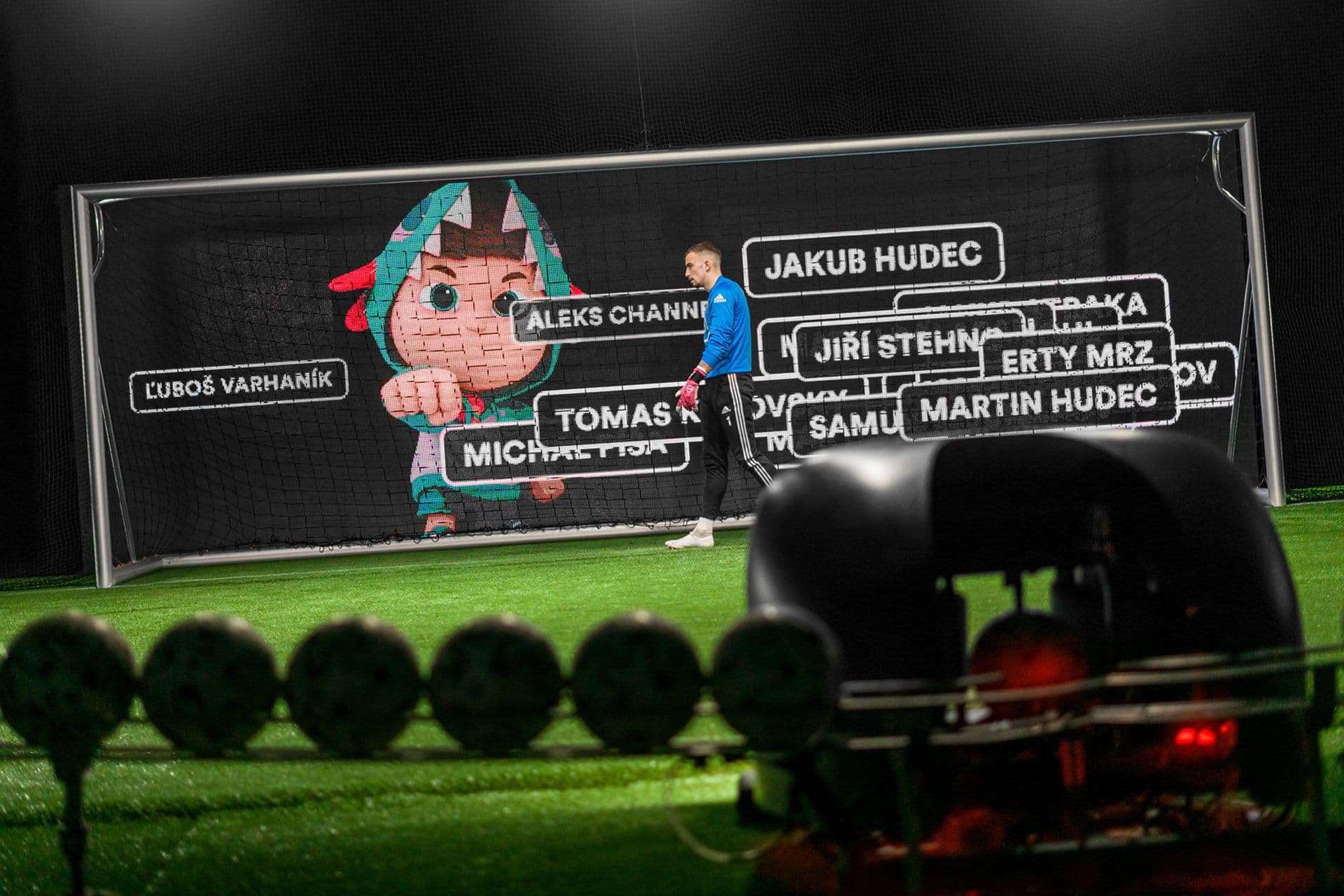
The first high was working on Marvel’s Avengers as my very first movie, including seeing my name in the credits on the big screen at the end of the movie.
The first low was realising how little you get paid as an intern and how much unpaid overtime is expected (incl. weekend work).
Flexibility is key. Things never go as planned and schedules constantly change. Or the client cancels an entire sequence. Or months of hard work never make the cut into the final version of the film.
Love what you do. Nothing will make “painful" work more endurable if you know why you’re doing it.
After graduating film school, I got my first VFX production job at a small studio in Munich (Trixter). I then continued my journey as a VFX Producer by working for other studios such as Framestore in London and Lucasfilm in Singapore. Since working for Lucasfilm was a personal goal of mine at that time, I needed to set a new goal. Co-founding a company seemed like the next best step, so I teamed up with some creatives in Prague and helped build a brand around automotive art. After three years of art exhibitions and classic car shows I decided it was time to move on and so I joined the current gaming company.
The entertainment industry (film, games etc) keeps evolving in many ways. But at its core, it’s always about telling great stories and having a good experience as humans.
It varies every day. From emails to meetings, budgeting and other calculations, to copy writing as well as overall scheduling and marketing. Other days I take care of event management, team 1v1s as well as research or investor reports. No day is alike. I use multiple tools to stay organised including slack, Trello, discord, Google etc.
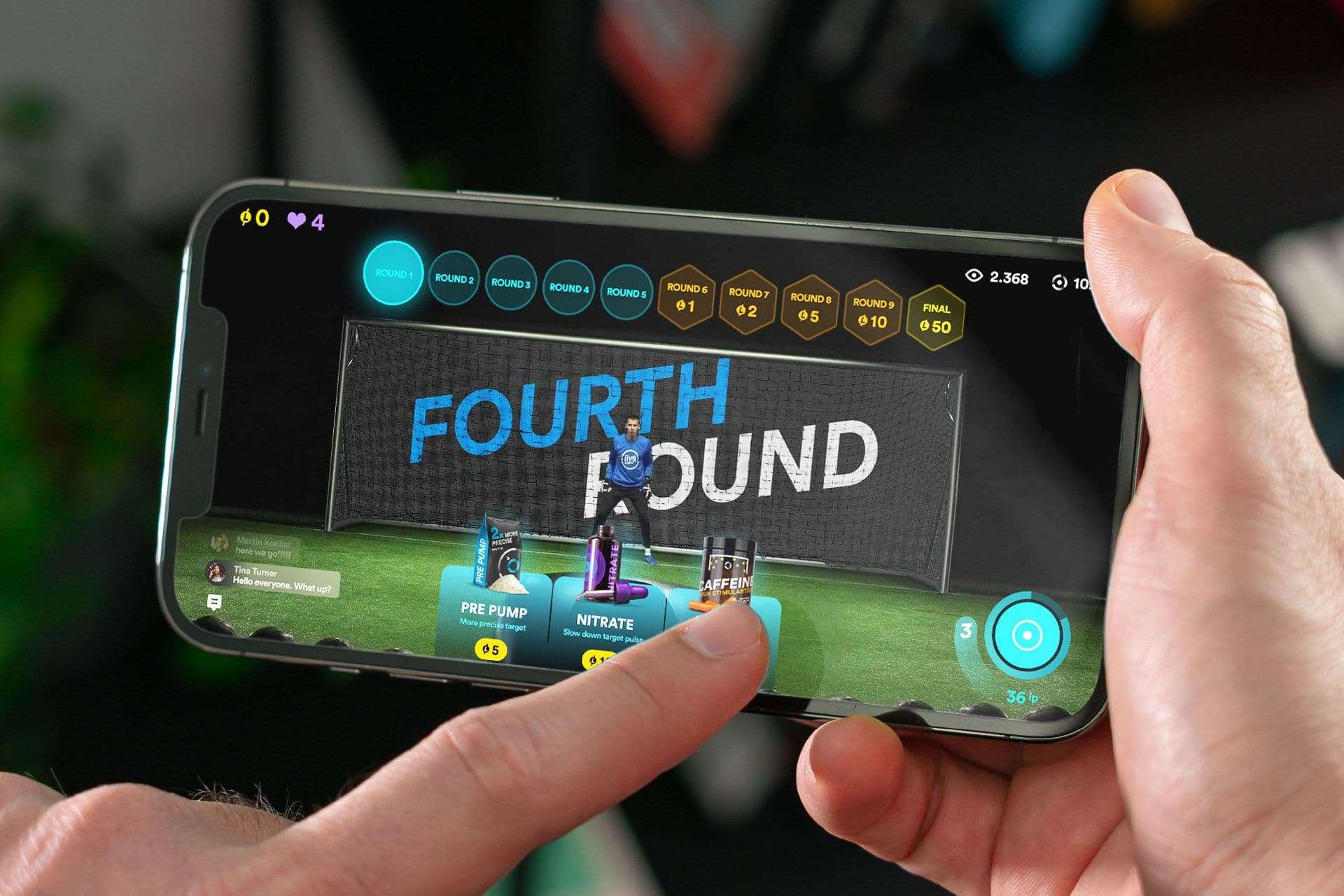
Pretend like you’re going to work. Get dressed, have a dedicated work space, have dedicated times for lunch/coffee breaks etc, check in with your colleagues, go outside when taking a break, avoid chores at home, mix it up with going to the office 1-3x a week if possible.
I believe rest and fun are important to stay healthy and creative. Only work will lead to burnout. Only “life" will result in limited progress. But it’s important for everyone to find their own balance. And for both areas I would recommend: always keep learning! For work (learn new tools, better workflows, network, read books about business etc) and in life (try new hobbies, discover new places, meet new people, read books about personal growth/mindset/health/fitness/sleep etc).
As COO, you basically work with everyone on the team. My closest colleague is definitely our CEO, as many tasks require both of our input. I like to compare us with other successful duos such as MJ and Scottie, Jobs and Wozniak, or Ben and Jerry’s. Apart from that I often deal with external people including investors, partners, customers, and even media. You tend to wear many hats in a startup.
Many tools seem to be merging or at least incorporating each other, which helps bring it all together.
Improving wherever possible, working with people I like and having fun whilst doing it.
Companies and leaders need to stop focusing on revenue and start focusing on bringing value again.
A businesses’ purpose is not to make money. It’s supposed to create value and good jobs.
Revenue comes automatically when you do something people actually need/ want. Or as Simon Sinek likes to call it: Purpose over metrics. Overall I would highly recommend listening to his talks. He has a great way of pointing out the current issues and explaining how to fix them.
Social media. I also try to arrange on site gatherings for special occasions (like 10 year reunion, etc.)
It’s getting harder every day to find reliable and trustworthy resources. Even googling brings you pre-filtered search results. I highly recommend watching “The Social Dilemma” for anyone who hasn’t seen it yet.
For film related things I really like the DP magazine though (Digital Production) and “Business Insider” for the business side of things.
Education in general is important, however, it doesn’t need to come with an expensive university degree. There are plenty of possibilities out now such as online courses, master classes .. even free YouTube content. Our school system is outdated anyway and requires a major upgrade (it’s been the same for 100 years and based on a system which heavily relied on preparing people for working in factories).
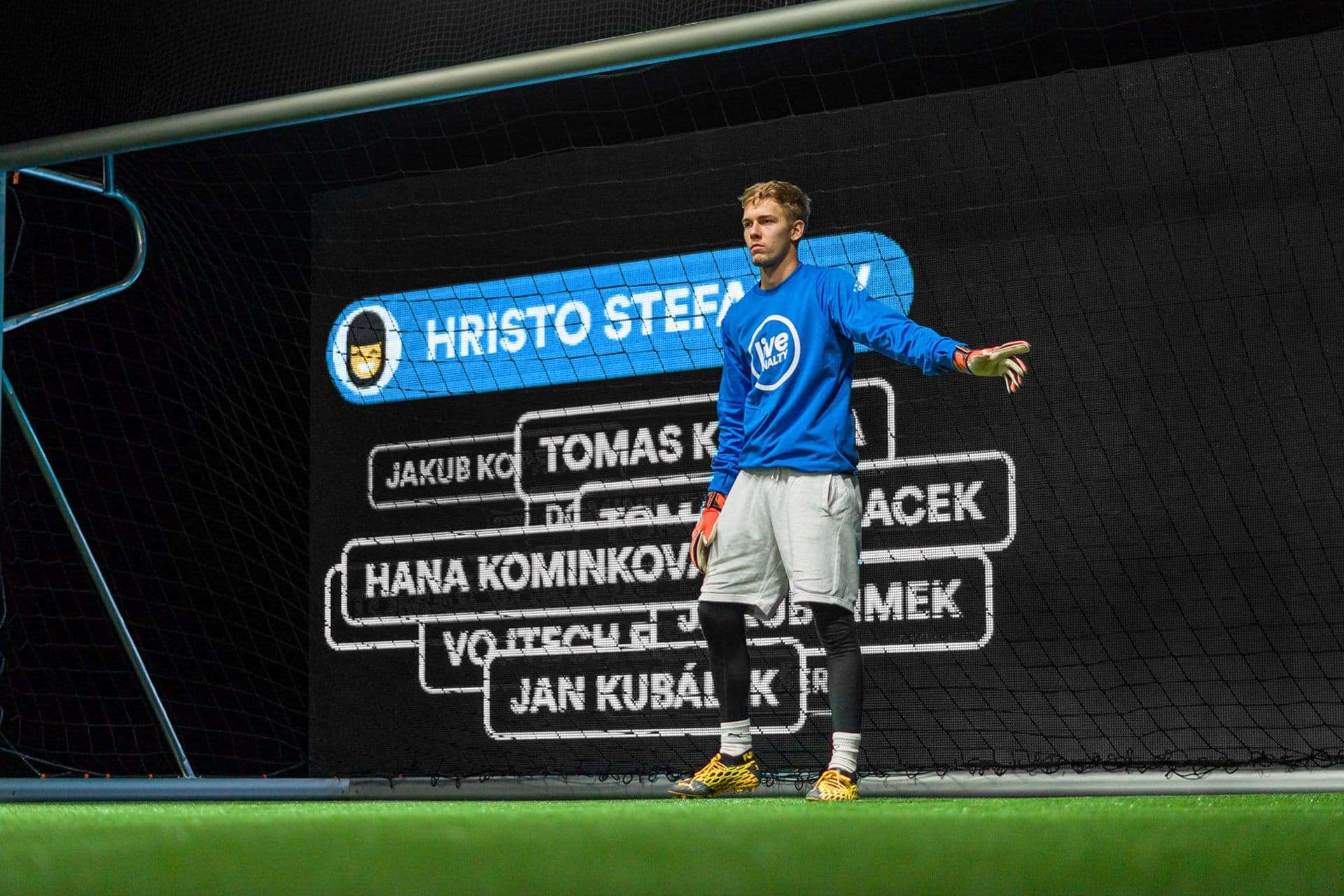
I always refer to the pros for this one. Pixar for example gives really great advise on their job portal for applications. They give great advise on what (not) to include in a reel for example. Or check out Disney. They’ve done so much hiring, they know what to look for and give out this advise for free.
Work with similar projects/fields, the right tech stack (depending on the project), the experience in years but also how long they stayed in each company (just a few months or longer). But lastly, their personality. It’s crucial the person actually “fits” into the team.
Social skills.
Lie about their experience/skills. The truth usually comes out during tech interviews and just leaves a bad impression. Or they just apply for a position even though they don’t have any of the required skills (switching careers). No company will pay you a full salary in order to just train a new skill. That’s what internships are for.
Easier ones!?
Network! Meaning, stay in touch with your fellow students/colleagues etc., attend seminars and workshops. Meet and talk to people. Ask questions. The best way to get in is by talking to someone who’s already done it. And if you stay friends, it’s highly possible someone might recommend you, if they hear about a job opening that isn’t even listed yet. So you could skip the queue all to together.
Don’t worry about all those rejection letters. It’s part of the game. JK Rowling’s Harry Potter novel was rejected 12 times before it got accepted by a publishing house.
Isabell is a super adventurous, somewhat organised, generally ambitious, usually caring, always reliable, mostly open-minded, chocoholic, humour-junkie. She is also an esteemed judge on the Rookie Awards panel.
You can find Isabell on LinkedIn and IMDB, and learn more about Live Penalty via their website, YouTube and Instagram. Download the app on Google Play and the Apple Store.
